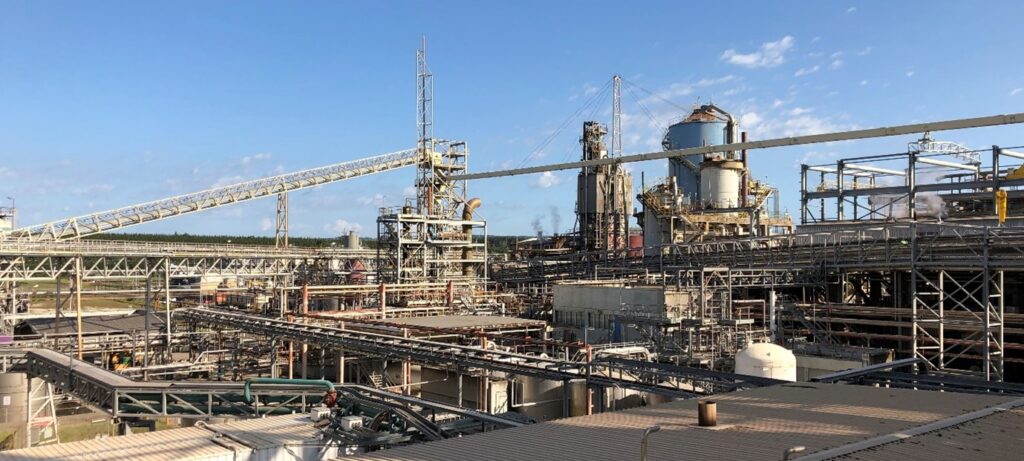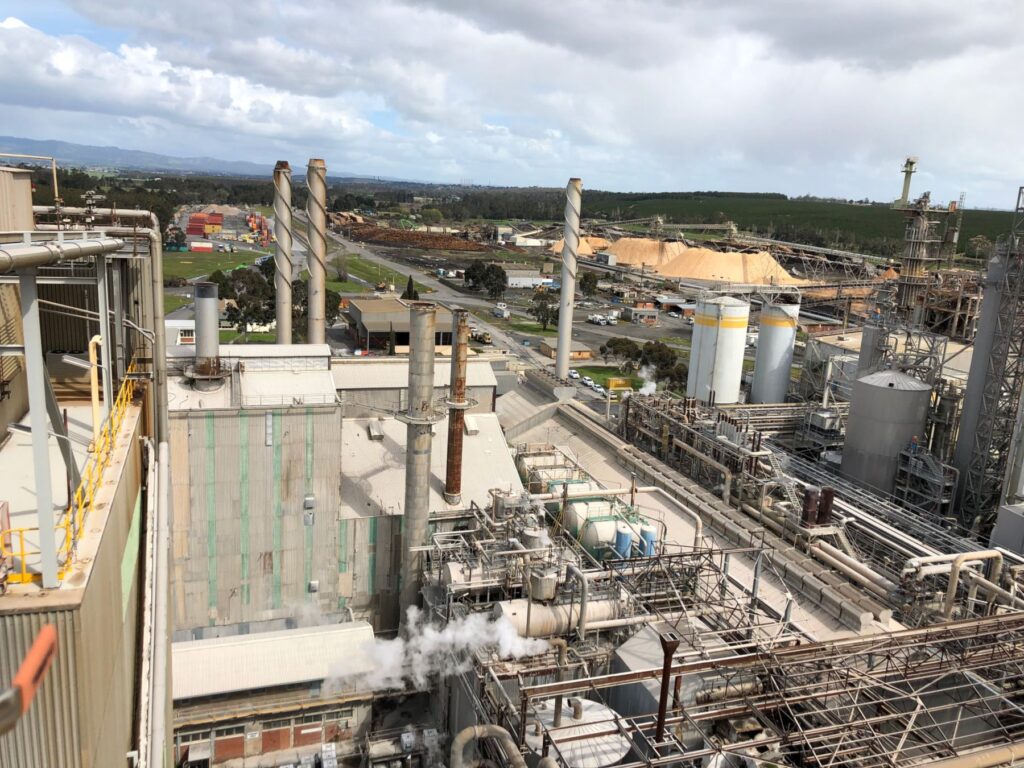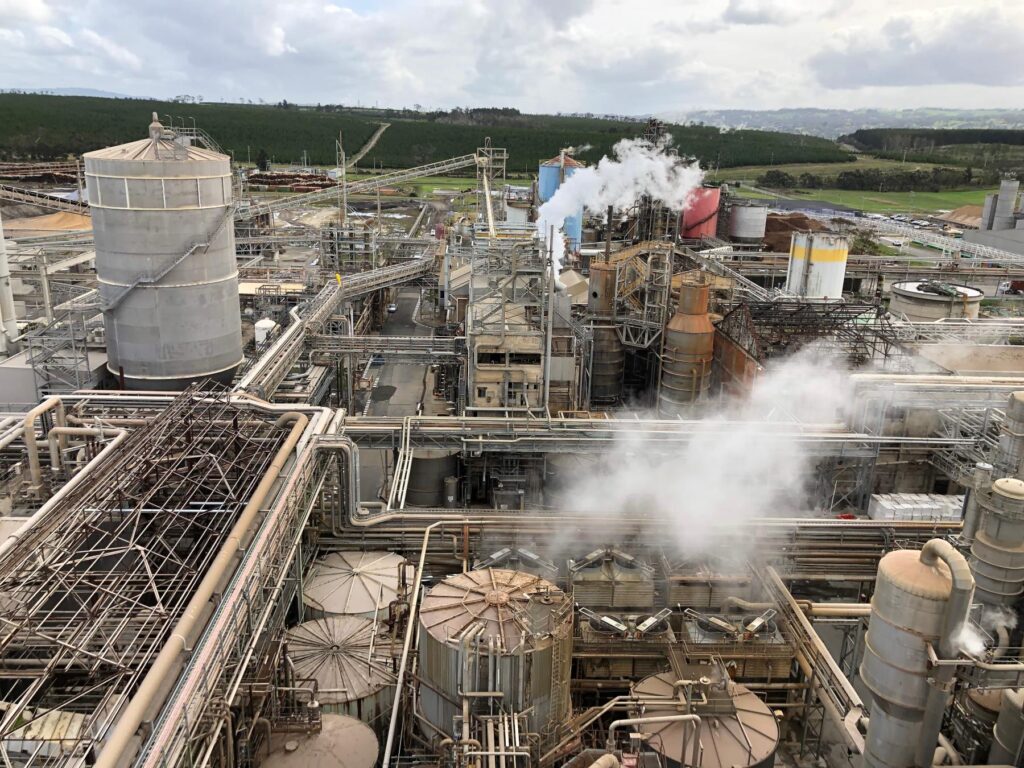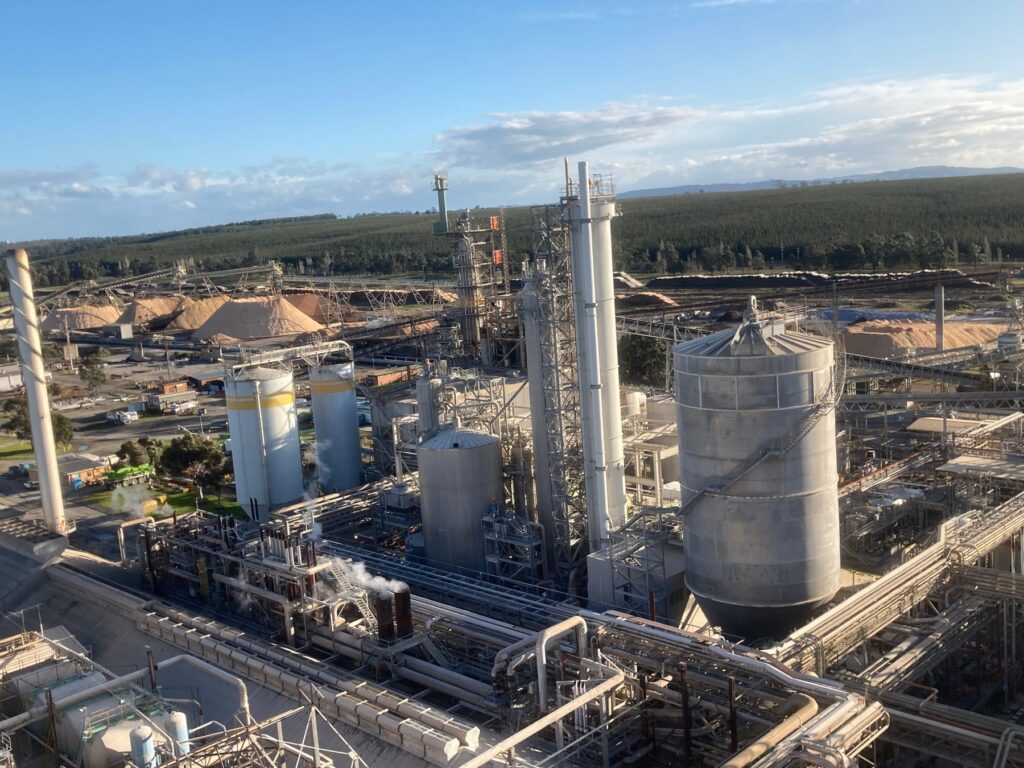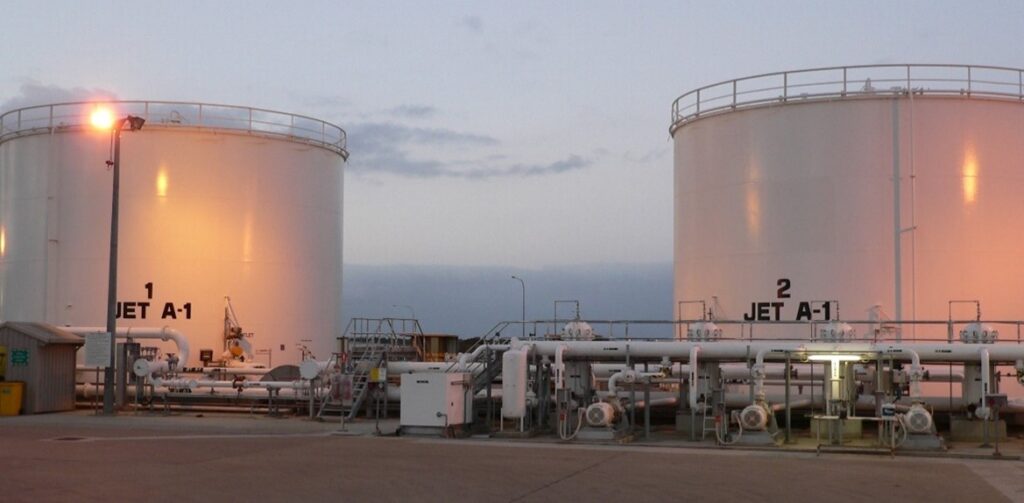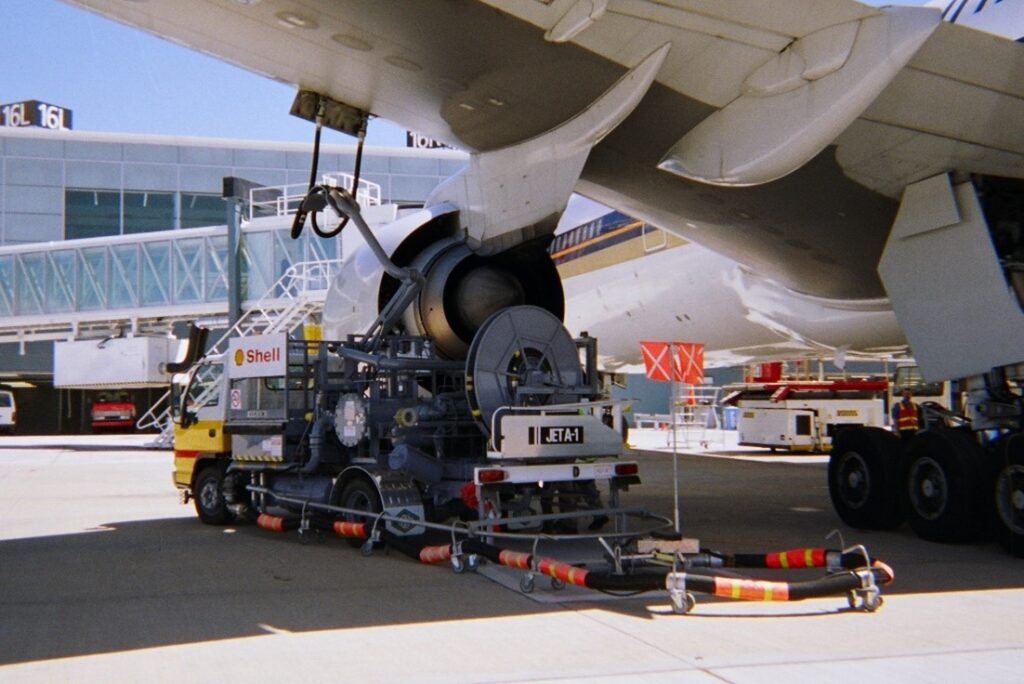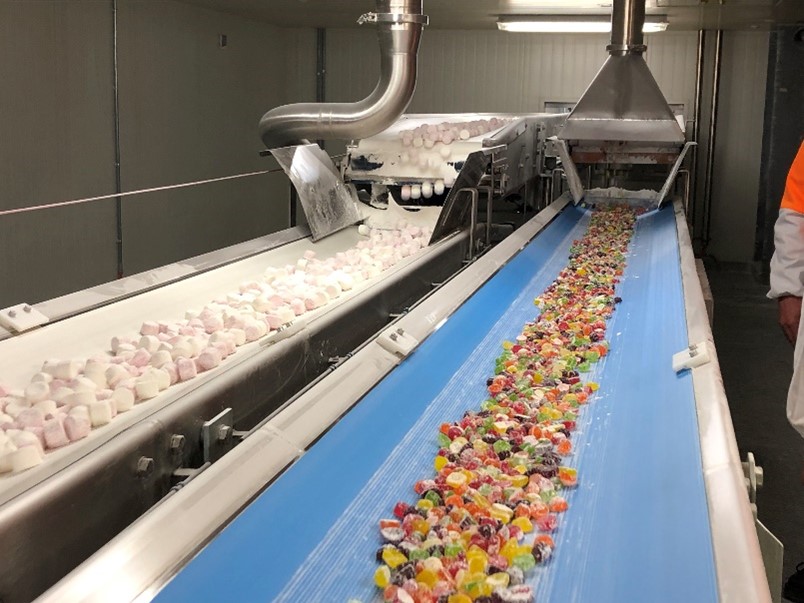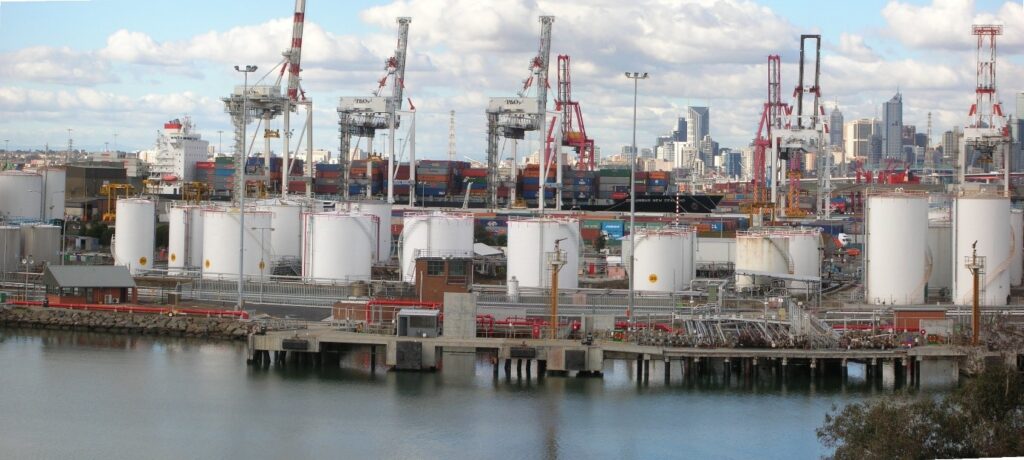People Spotlight: Meet Neil Dennis
Our People Spotlight series gives you an inside look at our technical experts around the world. This week, we are highlighting a technical director in our Power and Industrial team in Australia and providing an insight into their inspiration and work.
Neil Dennis is based in Melbourne, Australia and has over 40 years of experience in project management, design and commissioning on a wide range of industrial projects spanning the petroleum, gas, mining, defense, water and wastewater, and food industries. He has undertaken lead roles in plant safety analysis, audits, and investigations, as well as the development of safe work standards and regulations.
Neil is passionate about improving industry safety standards. He has held the prestigious position of Chair of the Australia and New Zealand Standards committee for explosive atmosphere standards. He is also now the Chair of the International Electrotechnical Commission sub-committee. He applies his extensive knowledge of explosive protection to ensure safer workplaces for employees and communities globally.
Tell us about what inspired you to join the industry.
My parents operated a family industrial electrical services business and from a young age, I was involved in electrical engineering. By the time I graduated from university, the family business had wrapped up, so I struck out on my own and stumbled into petroleum refining with Shell in Geelong, Australia. From there, I started with a small consulting firm working with other petroleum industry sites in Melbourne.
Working in the petroleum industry kicked off my technical passion, and I began noticing problems with how Australian standards for explosion protection were written. I started conversing with the standards writing bodies to identify issues and propose solutions, which were often accepted. One thing led to another, one contact led to another, and one problem solved led to another to be solved. My inspiration has been to improve industry safety standards and understanding.
What is your favorite AECOM project that you’ve worked on and why?
I have worked on many projects with so many highlights that it’s difficult to pick a favorite. The great thing about my specialty is I’m involved in a vast range of projects, from aviation fuel to zinc production.
One of the most technically satisfying but environmentally demanding projects involved a Victorian paper mill. The paper production process usually results in toxic and flammable gases that are unique to their industry. The local safety regulators issued a notice to the paper mill to properly address the explosion safety issues, or face shutdown. There was a lack of proper guidance and recommendations for the facility. Following careful analysis, I resolved the safety issues, and the regulatory notice was withdrawn before the final report was completed. The paper mill continued to operate, and the results ensured a safer working environment for the staff.
The project also required a thorough investigation of the papermaking processes and the gases’ properties. The paper mill posed complex challenges but the satisfaction of delivering such positive safety outcomes made the project a highlight of my career.
Tell us a story of how your work positively impacted the community.
Safety is a focus of my work, and my involvement in the Australian and international standard committees positively impacts the well-being of individuals and the wider community.
Many people associate safety issues with petroleum fuels and gases like liquified petroleum gas or hydrogen. However, the more significant safety risks often come from common materials such as sugar and flour which can create large explosions when mishandled in manufacturing plants.
For example, I was engaged to undertake a hazardous area audit for a printing company in Melbourne where the levels of flammable vapor were so high that they presented a significant toxicity risk to the workers as well as an explosion risk. We used advanced computational fluid dynamics modeling to identify the cause of the problem and refine the solution. The result was a far safer work environment for many employees, one that promptly reduced headaches amongst staff members and should improve long-term health outcomes.
Share a piece of career advice.
Never let a chance go by. I didn’t set out to end up where I am the pathway here was never mapped in any career advice forum and there was no training in my field of expertise when I started. Events happened, and I took each opportunity not knowing what would be next but making sure that what was done, was done well.
The other piece of advice: no one is an expert on their own. You need other experts who think like you, and understand and believe in you, and a good team to help you learn. Sometimes this means educating a competitor, but the market is big enough for both of you to survive, and you will be known as a leader, not a follower.
Opal Paper Mill – Victoria
Adelaide airport jet fuel storage
Mondelez Scoresby confectionary manufacture
No. 1 Maribyrnong Berth – Melbourne







